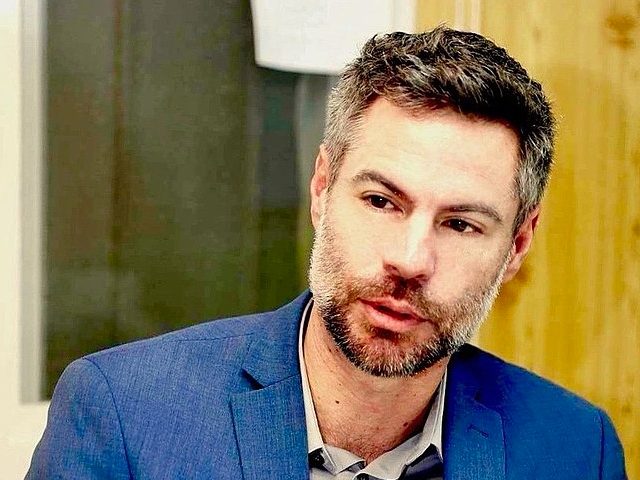“On Behalf of Environmentalists, I Apologise for the Climate Scare,” said an article published in Forbes magazine by Mike Shellenberger.
At least it did, till Forbes caved to furious green activists and pulled it within hours of publication. By arguing that climate change is real – but “not the end of the world” and “not even our most serious environmental problem,” Shellenberger had been found guilty of wrongthink.
As he recounts in his cancelled article – which can be read here – Shellenberger could scarcely have more impeccable greenie/lefty credentials.
At 17, I lived in Nicaragua to show solidarity with the Sandinista socialist revolution. At 23 I raised money for Guatemalan women’s cooperatives. In my early 20s I lived in the semi-Amazon doing research with small farmers fighting land invasions. At 26 I helped expose poor conditions at Nike factories in Asia.
I became an environmentalist at 16 when I threw a fundraiser for Rainforest Action Network. At 27 I helped save the last unprotected ancient redwoods in California. In my 30s I advocated renewables and successfully helped persuade the Obama administration to invest $90 billion into them. Over the last few years I helped save enough nuclear plants from being replaced by fossil fuels to prevent a sharp increase in emissions.
But none of this was enough to save him the green mob which apparently bullied Forbes into withdrawing the piece.
Here are some of the facts in Shellenberger’s article which so infuriated his critics:
-
Humans are not causing a “sixth mass extinction”
-
The Amazon is not “the lungs of the world”
-
Climate change is not making natural disasters worse
-
Fires have declined 25% around the world since 2003
-
The amount of land we use for meat — humankind’s biggest use of land — has declined by an area nearly as large as Alaska
-
The build-up of wood fuel and more houses near forests, not climate change, explain why there are more, and more dangerous, fires in Australia and California
-
Carbon emissions are declining in most rich nations and have been declining in Britain, Germany, and France since the mid-1970s
-
Adapting to life below sea level made the Netherlands rich not poor
-
We produce 25% more food than we need and food surpluses will continue to rise as the world gets hotter
-
Habitat loss and the direct killing of wild animals are bigger threats to species than climate change
-
Wood fuel is far worse for people and wildlife than fossil fuels
-
Preventing future pandemics requires more not less “industrial” agriculture
Shellenberger admits that though he has known the truth for some time, he kept quiet till last year because he was ‘afraid of losing friends and funding’. What prompted him to speak out was that he saw the ‘climate scare’ was spiralling out of control.
To make amends, he wrote a book called Apocalypse Never: Why Environmental Alarmism Hurts Us All.
It exposes many inconvenient truths that greenies would prefer that you didn’t know.
-
Factories and modern farming are the keys to human liberation and environmental progress
-
The most important thing for saving the environment is producing more food, particularly meat, on less land
-
The most important thing for reducing air pollution and carbon emissions is moving from wood to coal to petroleum to natural gas to uranium
-
100% renewables would require increasing the land used for energy from today’s 0.5% to 50%
-
We should want cities, farms, and power plants to have higher, not lower, power densities
-
Vegetarianism reduces one’s emissions by less than 4%
-
Greenpeace didn’t save the whales, switching from whale oil to petroleum and palm oil did
-
“Free-range” beef would require 20 times more land and produce 300% more emissions
-
Greenpeace dogmatism worsened forest fragmentation of the Amazon
-
The colonialist approach to gorilla conservation in the Congo produced a backlash that may have resulted in the killing of 250 elephants
You hear more of Shellenberger in this interview for the Delingpod podcast.
Forbes – and those bullying activists – have made a huge mistake in cancelling Shellenberger’s article.
Apparently, they are unaware of the Streisand Effect, which will now ensure that Shellenberger’s message will reach an audience far bigger than it would have done otherwise.

COMMENTS
Please let us know if you're having issues with commenting.